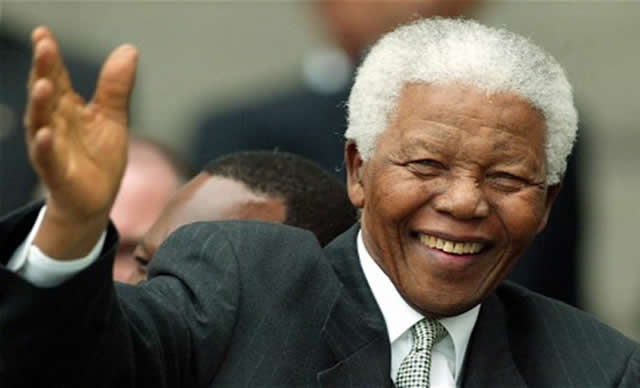Colour revolutions, imperialism and Western intervention

Tim Anderson
In these times of “colour revolutions”, language has been turned on its head. Banks have become the guardians of the natural environment, sectarian fanatics are now “activists” and the Empire protects the world from great crimes, rather than delivering them.Colonisation of language is at work everywhere, amongst highly educated populations, but is peculiarly virulent in colonial culture.
“The West”, that self-styled epitome of advanced civilisation, energetically reinvents its own history, to perpetuate the colonial mindset.
Writers such as Fanon and Freire pointed out that colonised peoples experience psychological damage and need to “decolonise” their minds to become less deferential to imperial culture and to affirm more the values of their own cultures.
The other side to that is the colonial legacy on imperial cultures.
Western peoples maintain their own culture as central, if not universal, and have difficulty listening to or learning from other cultures.
Changing this requires some effort.
Powerful elites are well aware of this process and seek to co-opt critical forces within their own societies, colonising progressive language and trivialising the role of other peoples.
For example, after the invasion of Afghanistan in 2001, the idea that Nato forces were protecting Afghan women was promoted and gained popularity.
Despite broad opposition to the invasion and occupation, this “humanitarian” goal appealed to the missionary side of Western culture.
The unfortunate balance sheet of nato’s 13-year occupation is not so encouraging. The UNDP’s 2013 report shows that only 5.8 percent of Afghan women have had some secondary schooling (7th lowest in the world), the average Afghan woman has six babies (equal 3rd highest rate in the world, and linked to low education), maternal mortality is at 470 (equal 19th highest in the world) and average life expectancy is 49.1 years (equal 6th lowest in the world). Not impressive “progress”.
The same could be said for India where British colonialists claimed to be protecting Indian women from “sati”, the practice of widows throwing themselves (or being thrown) on their husband’s funeral pyre.
North American language is a bit different, as the United States of America claims never to have been a colonial power.
The fact that US declarations of freedom and equality were written by slave-owners and ethnic-cleansers (the US Declaration of Independence famously attacks the British for imposing limits on the seizure of Native American land) has not dimmed enthusiasm for those fine ideals. That skilful tradition certainly influences the presentation of Washington’s recent interventions.
After the invasions of Afghanistan and Iraq we saw a change in approach, with the big powers enlisting sectarian fanatics against the independent states of the region such as Libya and Syria.
The western left shares illusions with the western right. What was at first said to be a nationalist and secular ‘revolution’ – an uprising against a ‘dictator’ who was killing his own people – is now led by ‘moderate rebels’ or ‘moderate Islamists’.
The extremist Islamists, who repeatedly publicise their own atrocities, are said to be a different species, against whom Washington finally decided to fight. Much of this might sound ridiculous to the average educated Arab or Latin American, but it retains some appeal in the west.
One reason for the difference is that nation and state mean something different in the west.
The western left has always seen the state as monolithic and nationalism as something akin to fascism; yet in the former colonies some hope remains with the nation-state. Western populations have never had their own Ho Chi Minh, Nelson Mandela, Salvador Allende, Hugo Chavez or Fidel Castro. One consequence of this is, as much as western thinkers might criticise their own states, they are reluctant to defend others.
Many who criticise Washington or Israel will not defend Cuba or Syria.
All this makes proxy wars more marketable in the west.
We could even say they have been a relatively successful tactic of imperial intervention, from the contra war on Nicaragua to the proxy armies of Islamists in Libya and Syria.
So long as the big power is not seen to be directly involved, western audiences can find quite attractive the idea that they are helping another people rise up and gain their ‘freedom’.
Even Noam Chomsky, author of many books on US imperialism and western propaganda, adopts many of the western apologetics for the intervention in Syria.
In a 2013 interview with a Syrian opposition paper he claimed the foreign-backed, Islamist insurrection was a repressed ‘protest movement’ that had been forced to militarise and that America and Israel had no interest in bringing down the Syrian Government.
He admitted he was “excited” by Syria’s uprising, but rejected the idea of a “responsibility to protect” and opposed direct US intervention without a UN mandate.
Nevertheless, he joined cause with those who want to “force” the Syrian Government to resign, saying ‘nothing can justify Hezbollah’s involvement’ in Syria, after the Lebanese resistance group worked with the Syrian Army to turn the tide against the Nato-backed jihadists. — Pravda.ru










Comments